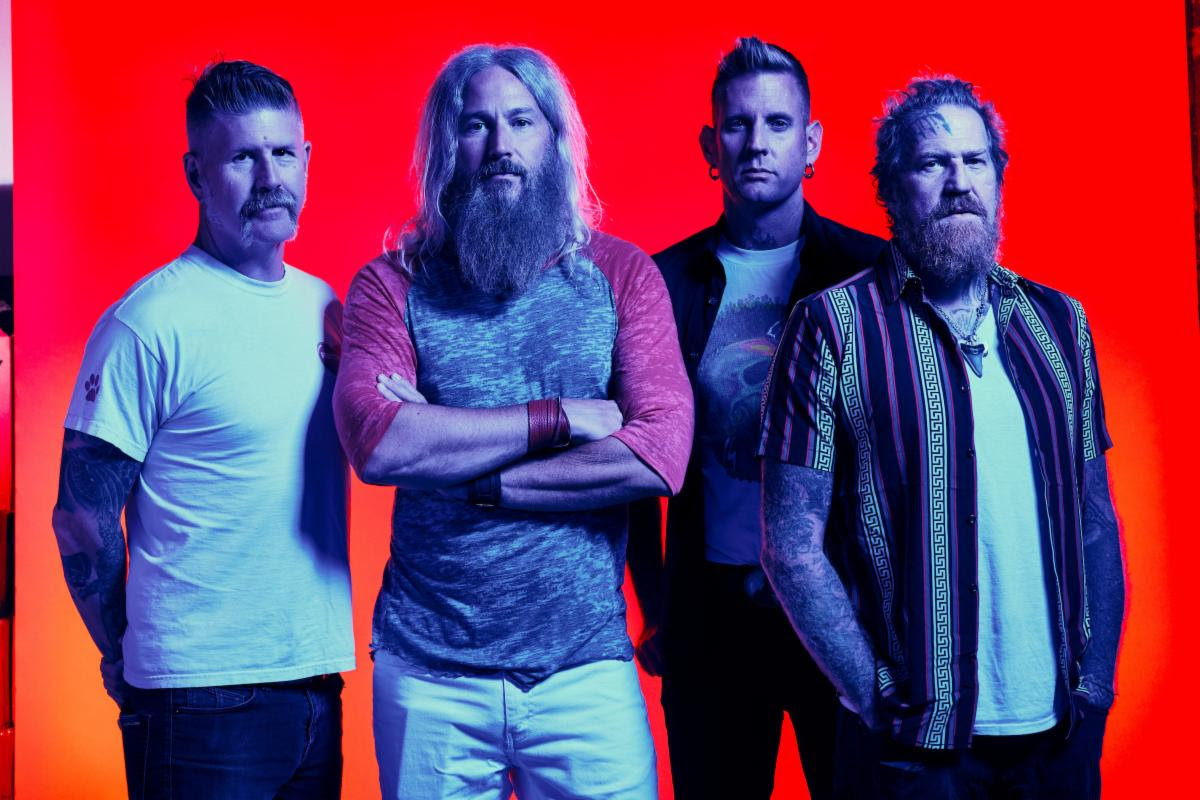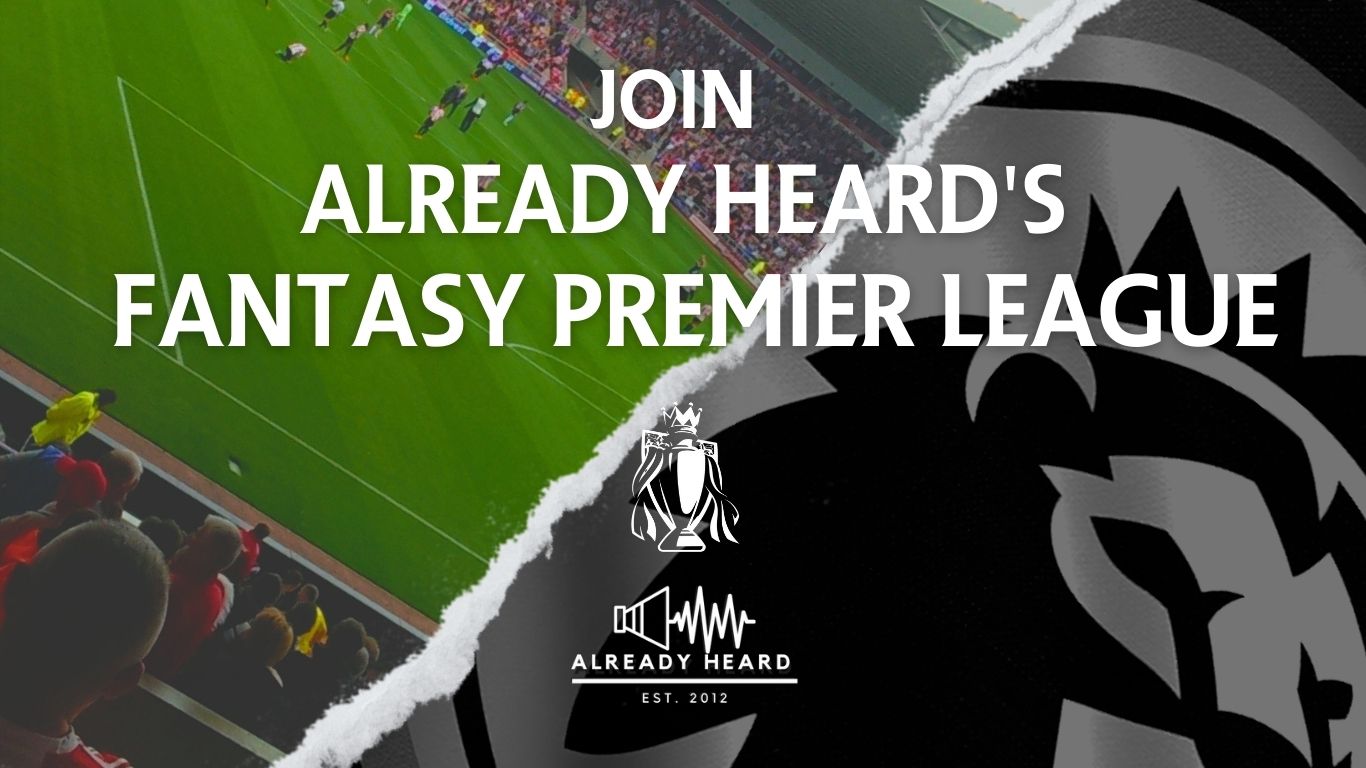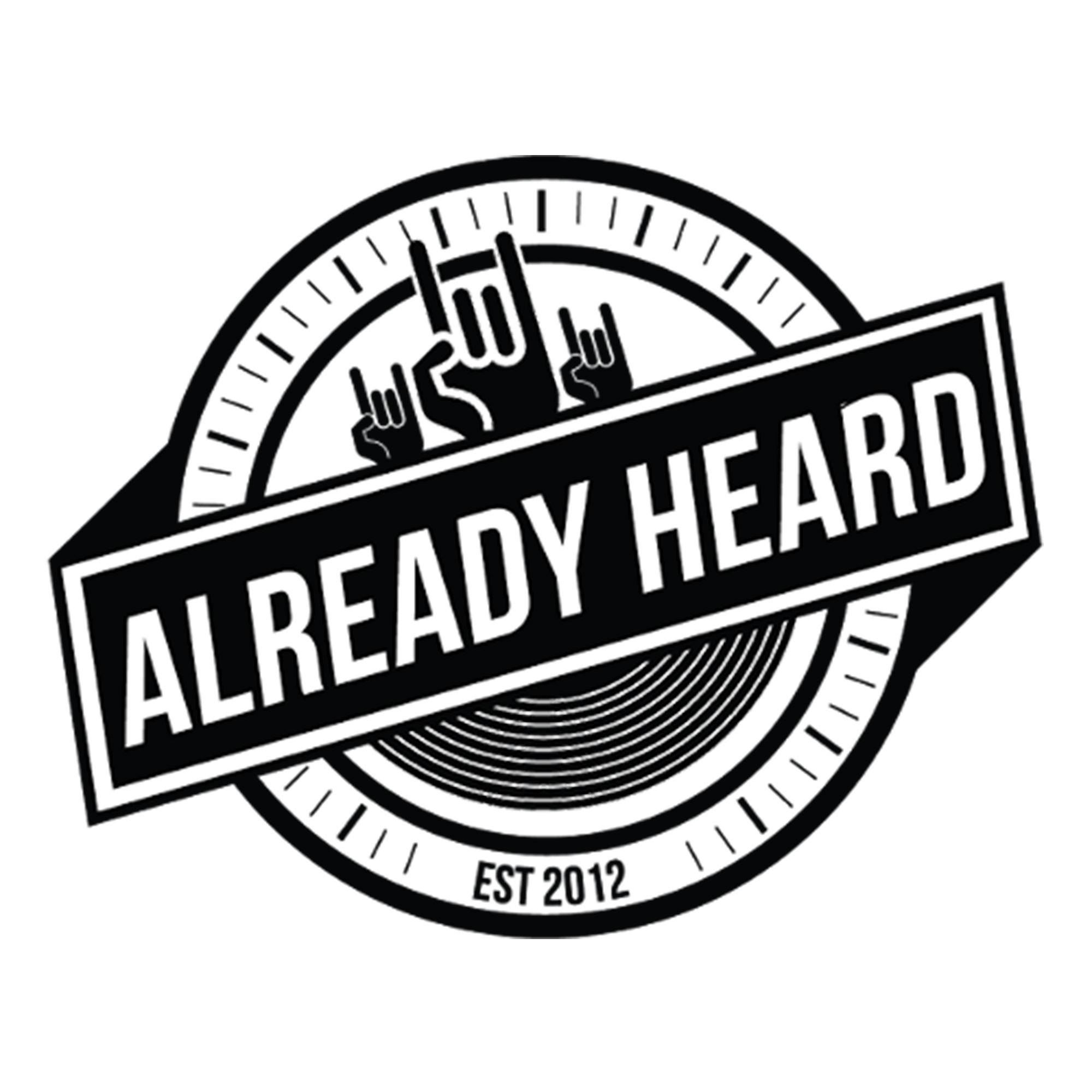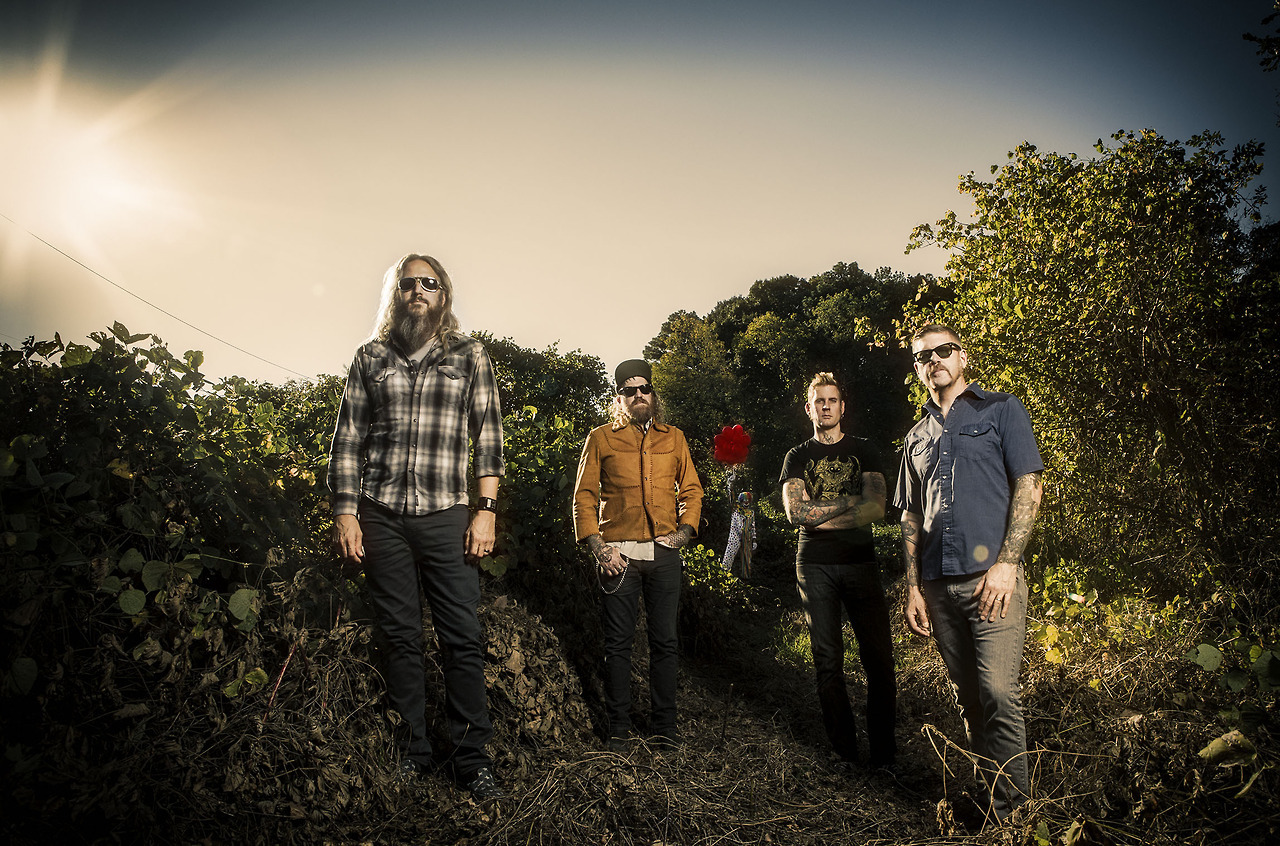
As they return to the UK for a long overdue headline tour, we look at the history of Mastodon. From their sludgy early days to their prog-rock leanings to being labelled as “sell outs” to eventually becoming one of modern metal’s most beloved and influential bands, this is the essential guide to Mastodon.
Who Are Mastodon?
Named after a pre-historic mammoth-like creature (who the band taught us more about in 2012), Georgian progressive metal titans Mastodon have, quite possibly, the aptest band name of all time.
Especially in their early work, the band are purveyors of unrelentingly heavy music that’s still progressive, complex and challenging. In 2017, they’re one of the biggest metal bands in the world who, despite some gripes with their more recent output, remain the truest version of themselves while continually experimenting. But this musical development didn’t come out of anywhere.
Early Days and Demos
It came out of a basement High on Fire show in Atlanta, Georgia in January 2000, when New Yorkers Brann Dailor (drums) and Bill Kelliher (guitar) recruited more-than-willing Georgian natives Troy Sanders (guitar) and Brent Hinds (guitar) for a new project, which would become Mastodon.
Mastodon released a nine-song demo the year they formed, with their original vocalist Eric Saner who disappeared after this one release. A few of these songs were re-recorded for the band’s subsequent 2001 demo, with Sanders and Hinds taking on joint vocal duties. This is a now well-established dynamic that’s been one of the band’s hallmarks ever since – it’s difficult to imagine how the band would sound had Saner been kept on sole vocal duties.
2001 also saw the release of Mastodon’s first proper releases, ‘Sick Leg EP’ on Reptilian Records; and ‘Lifesblood EP’ on noted metal indie label Relapse, who would remain the band’s label for the next five years. A lot of this material is difficult to find beyond digital bootlegs online, but the band did re-record large parts of ‘Lifesblood’ for the 2006 compilation ‘Call of the Mastodon’ (incidentally their final release for Relapse). It’s a release worth checking out, as it features more definitive, refined versions of the band’s early work, assisted by a few years of musical maturation.
The Relapse Era; ‘Remission’, ‘Leviathan’ and new-found fame
Mastodon’s first full-length, ‘Remission’, is without a doubt their heaviest. The album is a tour-de-force of distorted, sludgy riffs and guitar solos, undercut by Dailor’s always-intense drumming. Looking at it now, it lacks some of the refined songwriting of their later work, but still plays like the aural equivalent of a kick in the jaw. This level of heavy violence even makes its way into some of the song titles (see: ‘Crusher Destroyer’,‘Mother Puncher’, ‘Trampled Under Hoof’). Particular highlights include the unforgettable opening riff of ‘March of the Fire Ants’ and the eight-minute ‘Elephant Man’, which tapped into the band’s latent progressive leanings.
2004’s ‘Leviathan’, however, was where the band really came into their own. A more refined version of what they’d offered on their debut, it had more prog-rock leanings and a loose concept following the story of the classic novel ‘Moby-Dick’ (which Mastodon incredibly still managed to sell). It’s also important because of Neurosis man Scott Kelly’s guest spot on ‘Aqua Dementia’. Kelly would remain a regular collaborator with Mastodon, appearing on one song from each album from ‘Leviathan’ onwards.
‘Leviathan’ earned Mastodon praise from every end of the heavy music spectrum, with both underground extreme metal publication ‘Terrorizer’ and the more mainstream rock-bible ‘Kerrang!’ awarding it album of the year in 2004. In many ways the most commercially important album of the band’s career, it pushed them to the next level, landing them a deal with major label Reprise Records, who remain their chief distributor to this day.
Major Label Duccess; ‘Blood Mountain’ and ‘Crack the Skye’
Though Mastodon’s post-2009 work has often been accused (not completely undeservedly) of commercial leanings, the band have been labelled “sell-outs” as early as their signing to Reprise and the release of 2006’s ‘Blood Mountain’, as a 2007 interview with Blabbermouth attests. The album itself pushed Mastodon’s sound outwards – some of the crushing heaviness was sacrificed in favour of melody on songs like ‘Sleeping Giant’, or straight-up weirdness on ‘Bladecatcher’. It also contains the irresistible ‘Crystal Skull’, a track that took Mastodon’s frightening heaviness and infected it with an astute songwriting sensibility, which remains one of the band’s most accomplished songs. ‘Blood Mountain’ also made use of Mastodon’s new-found popularity, featuring guest spots from such heavy hitters as Josh Homme and Cedric Bixler-Zavala. Though it was still a far cry away from their later work, it showed a willingness to experiment with their existing blueprint lest their sound stagnate.
It was around the release of ‘Blood Mountain’ where Mastodon’s reputation truly grew, playing everywhere from metal festivals such as Download and Mayhem to the hipster-pandering Pitchfork Music Festival. This not only gave them more exposure in a live setting, it proved their universal appeal across many groups of music fans.
The band’s true masterpiece, however, was (and stil is) 2009’s ‘Crack the Skye’. The band pushed further away from their sludgy roots, transcending everything that had come before, creating a sprawling, progressive, otherworldly record. Despite this paradigm shift in the band’s sound, it was also a record that remained true to the first three due to its uncompromising nature; and a record that Mastodon have never quite been able to top.
The band continued to grow exponentially in popularity, scoring shows with venerable rock titans like Metallica and Alice In Chains. They were recruited to score Jimmy Hayward’s ‘Jonah Hex’ film. Despite the ill fate of the movie and resultant soundtrack EP, the fact that Mastodon were scoring a film proved not only their popularity, but that they were versatile and could change up their sound in new, challenging ways. In 2010, Mastodon were at the peak of their career – having just released the album of their lives and gaining more and more fans as they did it.
The Latter Days; ‘The Hunter’, ‘Once More ‘Round the Sun’ and ‘Emperor of Sand’
In more ways than one, ‘Crack the Skye’ was the end of an era for Mastodon. Firstly, it was the last in the band’s elemental tetralogy (representing aether where their first three albums did earth, water and fire, chronologically). Secondly, while the progression from ‘Blood Mountain’ to ‘Crack the Skye’ was a huge leap – it felt natural in a way that the jump between ‘Crack the Skye’ and ‘The Hunter’ just didn’t.
‘The Hunter’ saw Mastodon opting for a more accessible sound – songs like ‘Curl of the Burl’, despite being enjoyable on some level, felt like a grasp for commercial success and radio airtime. ‘Black Tongue’ and ‘Spectrelight’ recalled the band’s sludge metal roots – but there was too little of this. Elsewhere on the album, songs such as ‘Octopus Has No Friends’ and ‘The Creature Lives’ vied for an experimental weirdness that was never fully committed to or developed.
While Mastodon clearly went in a direction they wanted to, and any accusations of them “selling out” are unfounded, there is something to be said about the band mellowing and settling for mediocrity. 2014’s ‘Once More ‘Round the Sun’, at the time, felt like a step in the right direction, expertly combining some of the more commercial, melodic elements explored on ‘The Hunter’ with the band’s heavier backbone.
Three years on, it’s a largely forgettable record despite its improvement on its predecessor, but may be worth a listen for new listeners who wish for something more accessible but still enjoyable. However, this year’s ‘Emperor of Sand’ is a bigger disappointment than ‘The Hunter’ and arguably the band’s weakest album yet. The follow-up EP, ‘Cold Dark Place’ is somewhat of an improvement over the bloated ‘Emperor of Sand’, but doesn’t feel like a “true” Mastodon release, being comprised mostly of leftovers from ‘Once More ‘Round the Sun’.
Despite their musical stagnation, though, Mastodon remain the truest version of themselves, creating art that’s indisputably their own. They’ve continued their upward hike in popularity, played on ‘Later… with Jools Holland’ and had their music used in conjunction with such household names as ‘Monsters University’ and ‘Game of Thrones’ at various points, which is pretty staggering considering they’ve done it all on their own terms.
Mastodon have been touring extensively throughout Europe and North America in 2017 in support of ‘Emperor of Sand’, and are currently touring the UK alongside Red Fang and Russian Circles following an indifferent spot at this year’s Download Fesitval. Though their studio output hasn’t been up to much in recent years, they’re still a fantastic live act, so be sure to catch them on this tour (if you can – many of the dates are already sold out!)
 The Essential Album: ‘Crack the Skye’
The Essential Album: ‘Crack the Skye’
‘Crack the Skye’ was not only a massive step forward for Mastodon, and a change in direction, but also their most accomplished and best work to date. Sacrificing some of the crushing heaviness that was present in their earlier work, and furthering some of the more progressive and melodic elements they flirted with on 2006’s ‘Blood Mountain’, it took the band in a new direction that was still unquestionably Mastodon.
Following a bat-shit insane concept about Rasputin and astral travel (or something), ‘Crack the Skye’ explored many different musical tropes. From the melodious single ‘Oblivion’; to the post-sludge soundscape and uncomfortable atmosphere of the title track; and the unabashed, 13-minute prog odyssey of the album’s closing track, ‘The Last Baron’, there’s never a dull moment here.
While 2011’s ‘The Hunter’ or even 2014’s ‘Once More ‘Round the Sun’, might be more accessible than ‘Crack the Skye’, this album is a better starting point for the uninitiated simply due to the higher quality of the material. Another argument is that it introduces the listener to every aspect of the band’s sound. Despite being the peak of the band’s career, was the band in sonic limbo, referencing both the heavier early material and the more melodic work to come. Not just the best Mastodon album, but a must-have for any fan of progressive metal.
 For Die Hard Fans: ‘Leviathan’
For Die Hard Fans: ‘Leviathan’
On 2004’s ‘Leviathan’, Mastodon fully consolidated and refined the prog-sludge they’d introduced on their debut ‘Remission’. While the latter album saw the band blasting full speed ahead, ‘Leviathan’ saw them become more reserved, refining their songwriting approach without losing any of their earth-shattering musical weight.
‘Aqua Dementia’ is notable for its guitar tone and structure that hinted at things to come, while ‘Hearts Alive’ took Mastodon’s progressive side about as far as it could go at that time. And despite the band’s more recent attempts at radio-friendliness, they’ve arguably never written anything quite as instantly recognisable as the opening riff on ‘Blood and Thunder’ and its call-to-arms chorus: “WHITE WHALE, HOLY GRAIL.”
It’s no wonder Mastodon started experimenting with ‘Blood Mountain’ – ‘Leviathan’ was the most they could hope to do with their initial sound and to try and better it without changing things up on that level would be sheer folly.
 One to Avoid: ‘Emperor of Sand’
One to Avoid: ‘Emperor of Sand’
Time will tell if this is a pre-emptive dismissal, but Mastodon’s latest work is also their weakest. While there are some hints that the band still have the chops, most of ‘Emperor of Sand’ just sounds soulless.
It recycles elements of their previous work in a way that just doesn’t sound earnest, and none of the songs work as complete packages. Single ‘Show Yourself’ is the worst offender, a hodgepodge of ideas stitched on to an empty commercial hook. While ‘The Hunter’ and ‘Once More ‘Round the Sun’ are seen as inferior to the band’s 2000s output, they at least held a sense of identity which ‘Emperor of Sand’ just doesn’t.
The only real stand-out is closer, ‘Jaguar God’, which recalls the atmosphere of ‘Crack the Skye’, but even this track takes a while to get going. A heartbreaking album from a band that can do much better.
Essential Playlist
‘Emperor of Sand’ by Mastodon is out now on Reprise.
Mastodon’s remaining UK tour dates:
December
05 Rock City, Nottingham
06 Northumbria University, Newcastle
07 Barrowlands, Glasgow (sold out)
09 Academy, Manchester (sold out)
10 Brixton Academy, London (sold out)
Mastodon links: Website|Facebook|Twitter|Instagram
Words by Alan Cunningham (@funeral_polis). Photo Credit: Jimmy Hubbard

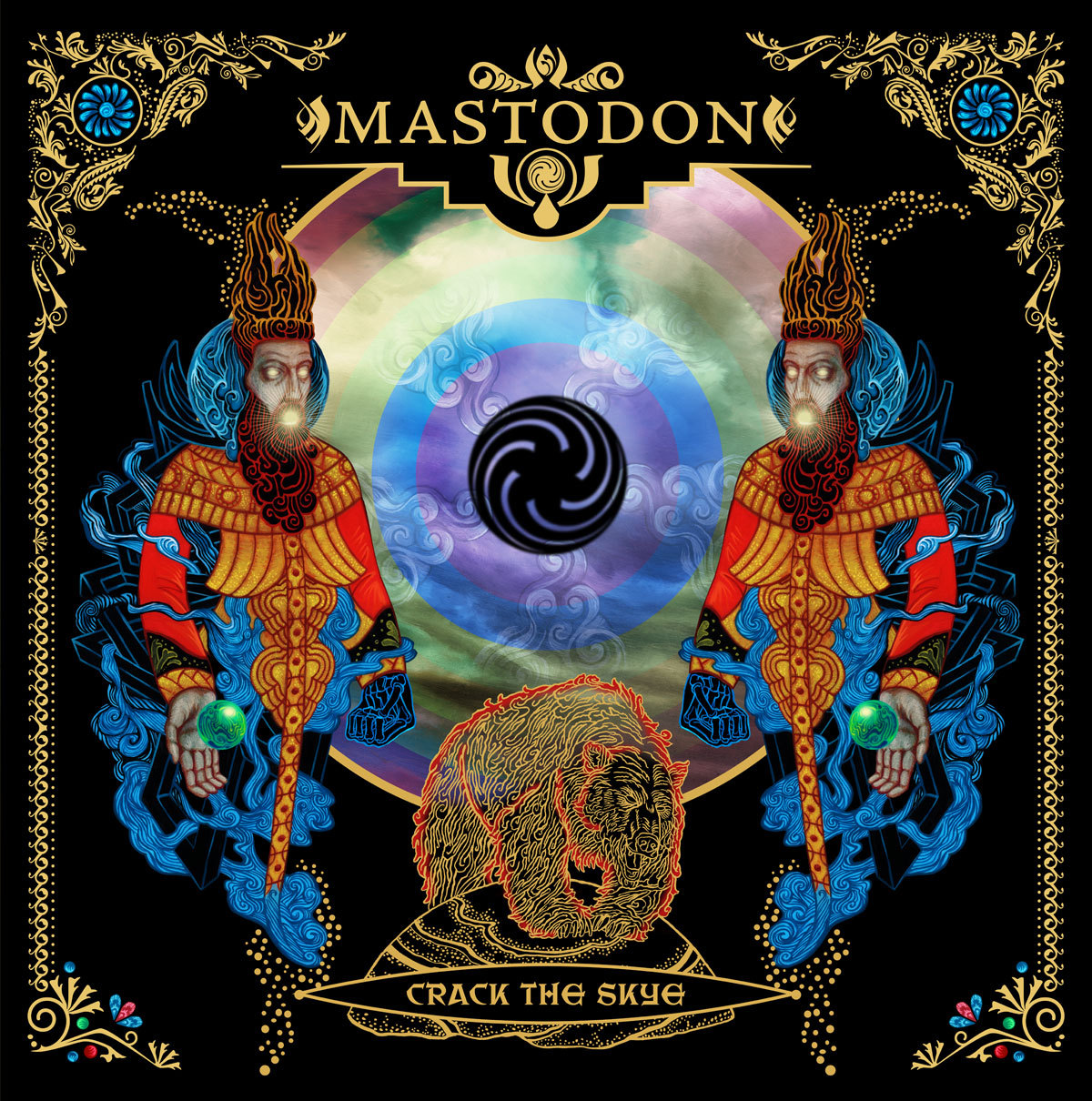 The Essential Album: ‘Crack the Skye’
The Essential Album: ‘Crack the Skye’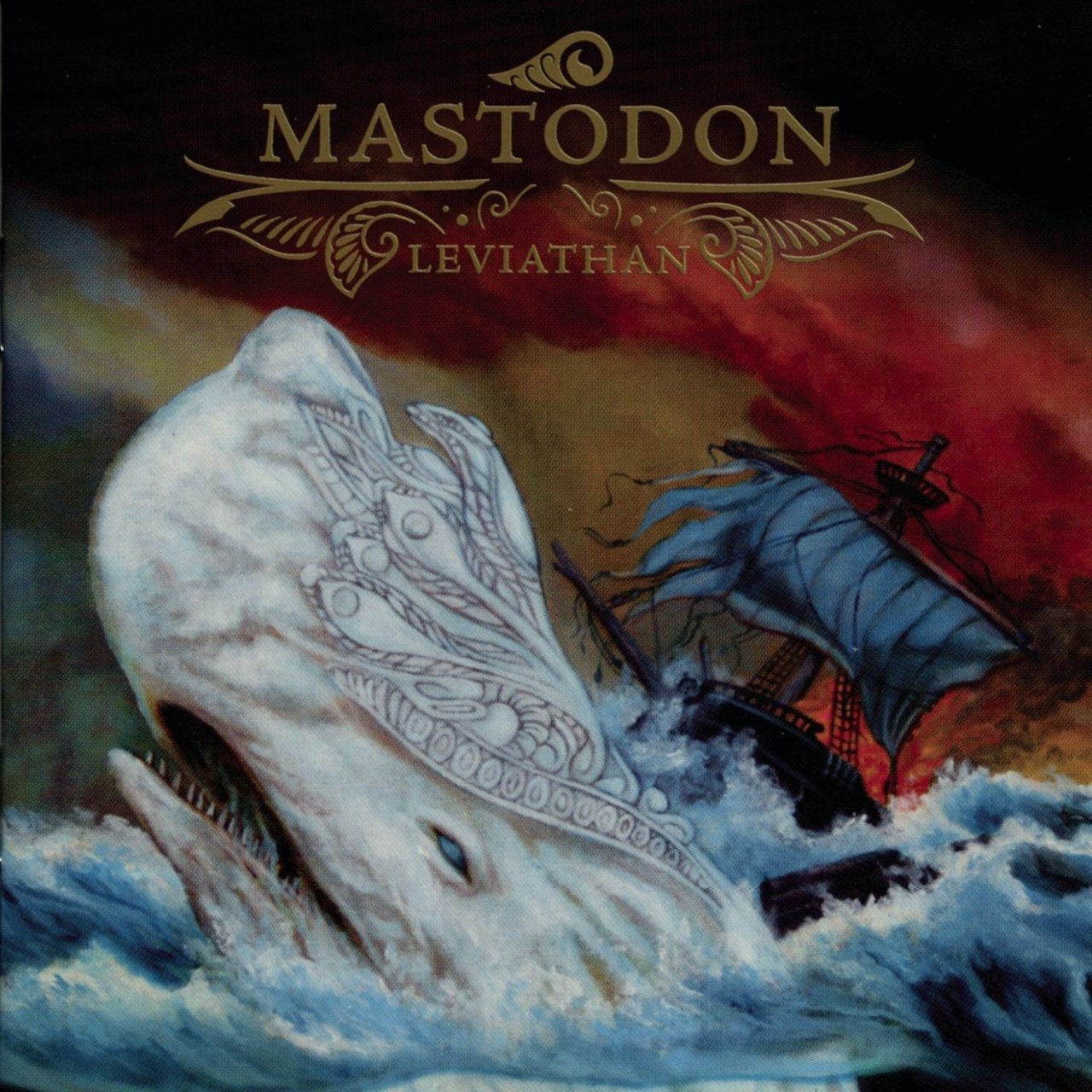 For Die Hard Fans: ‘Leviathan’
For Die Hard Fans: ‘Leviathan’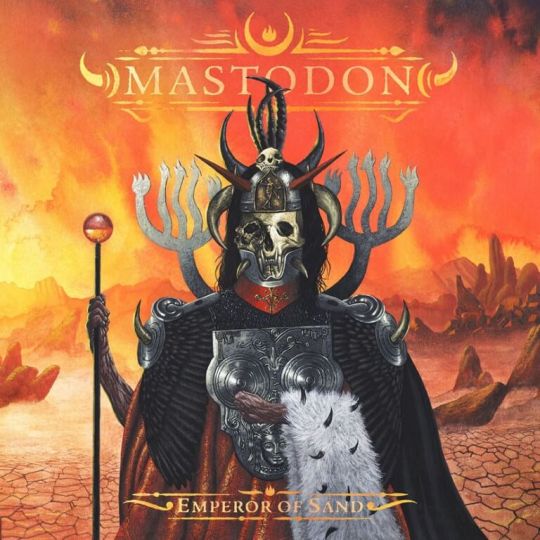 One to Avoid: ‘Emperor of Sand’
One to Avoid: ‘Emperor of Sand’